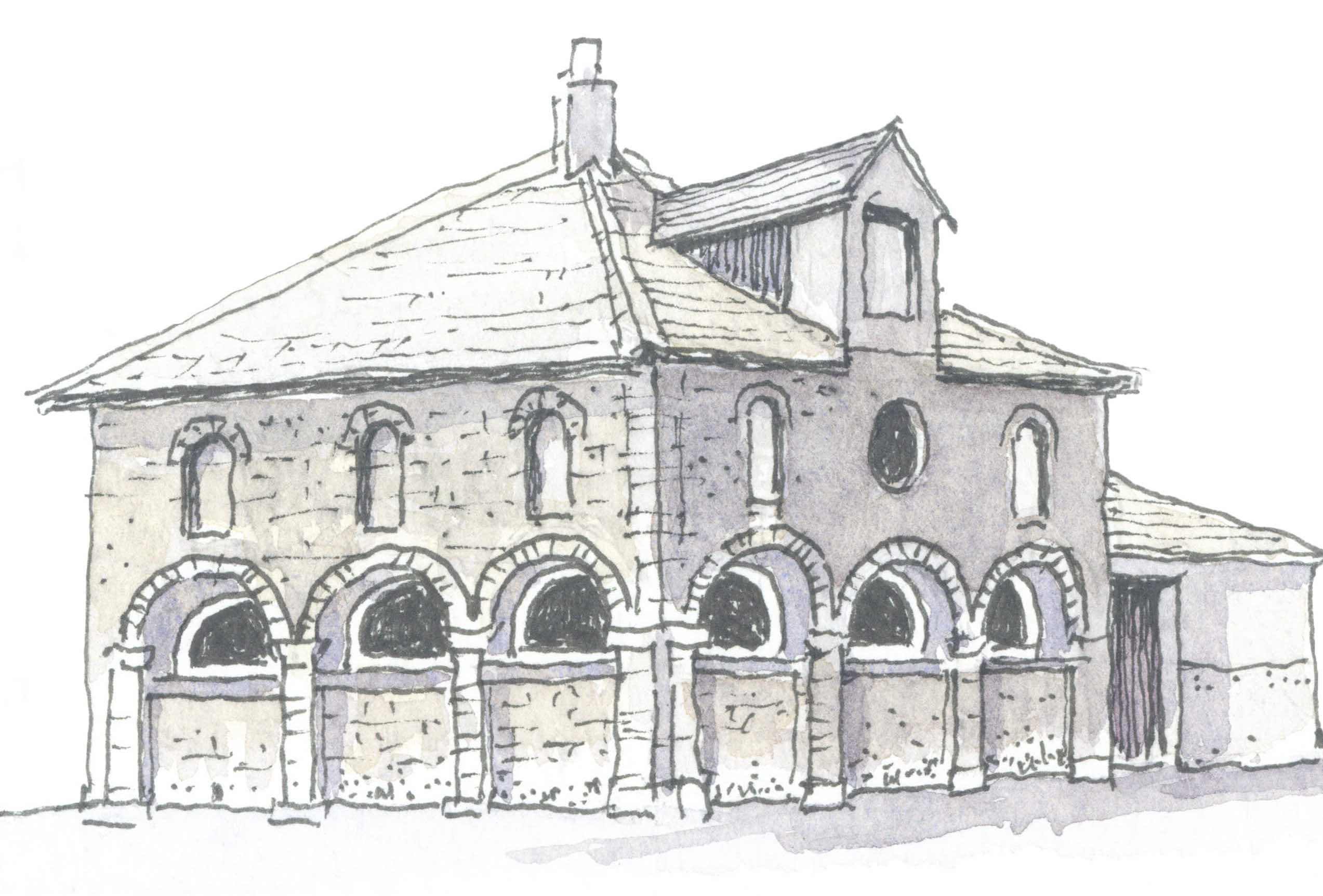THE ANNUAL GENERAL MEETING OF SHAP LOCAL HISTORY SOCIETY
There was a disappointingly small turn out when Shap Local History Society gathered for their Annual Meeting in Shap Memorial Hall. Chairman Jean Jackson welcomed everyone. She reported on the events of the past year, the many interesting meetings, outings and the exhibition, and The Society still receives enquiries from the public, but visitor numbers to the Heritage Centre have dropped. Mrs Jackson reported on progress with a new book about Shap currently being written and Liz Amos showed a hand drawn map that will form the frontispiece. She ended by thanking the officers; secretary Liz Amos, vice chairman Jean Scott-Smith and committee member Ken Noble for their support.
The financial report submitted by Liz Amos, this showed the Society to be in a healthy financial position. Jean Scott-Smith gave a report and update on the Shap Memorial Trust, she also submitted the accounts that showed a moderate increase.
The following were elected: Chairman, Jean Jackson, Vice Chairman and Programme secretary, Jean Scott-Smith, Secretary Liz Amos, nominated Treasurer Liz Amos, assistant treasurer, Ken Noble. There were no nominations for committee, but the Society is empowered to co-opt new committee. It has been decided to make future committee meetings open to all members, so that they can have some input.
Following the business meeting, member Norma Smith spoke about her family’s business, William Smith and Son in Barnard Castle; this was most fascinating, as she related how her late husband’s ancestor had started as a blacksmith in 1832 during the coaching period when records showed 5,000 passengers being carried by one coach in a year; there were also many inns, and the place was described as ‘a vibrant and busy town’, and one visited by Charles dickens when he was researching Yorkshire schools (for Nicholas Nickleby). William Smith opening a foundry in 1859 at a time when the Industrial Revolution was creating many opportunities, and the railways were opening up trading routes. The foundry produced work for the Bowes family of Bowes Museum, and cast parts for railway rolling stock; in 1861 William was employing one man and five boys. Among machinery designed and produced by the firm were an early grass-cutting machine, this was popular with farmers; they also designed a road scraper that was further developed to include a brush; the first machine of its kind in the world. Thirty-six of these being made in one year, and the business prospered. This sweeping machine swept the world, with the last six exported to South Africa in 1972. Two of William’s sons became opera singers in Italy, one naming himself Signor Tabrini. The business is still run by the family as William Smith Group 1832 Limited and operates on the original site.
There was then a pictorial quiz showing local places. Marion Jackson had brought along her collection of postcards for members to browse before they partook of refreshments.
This was the last indoor meeting until September.
